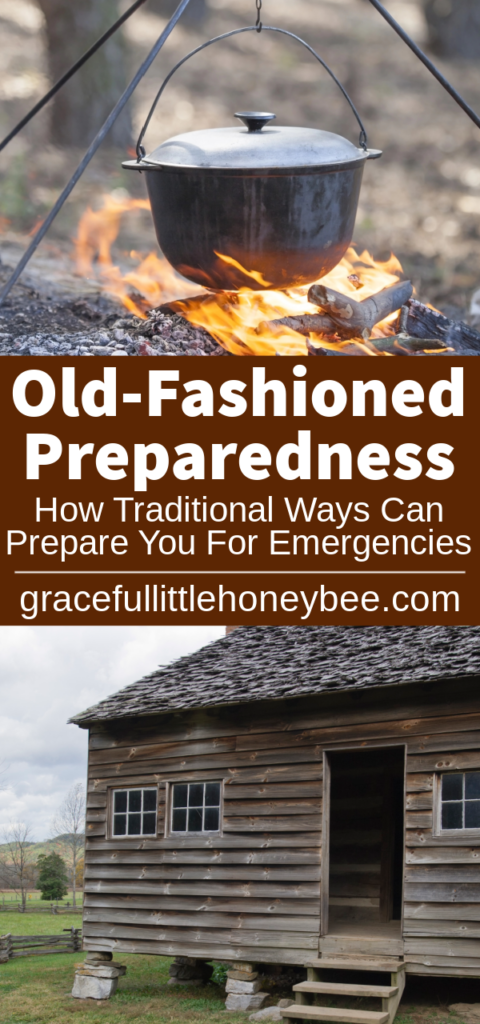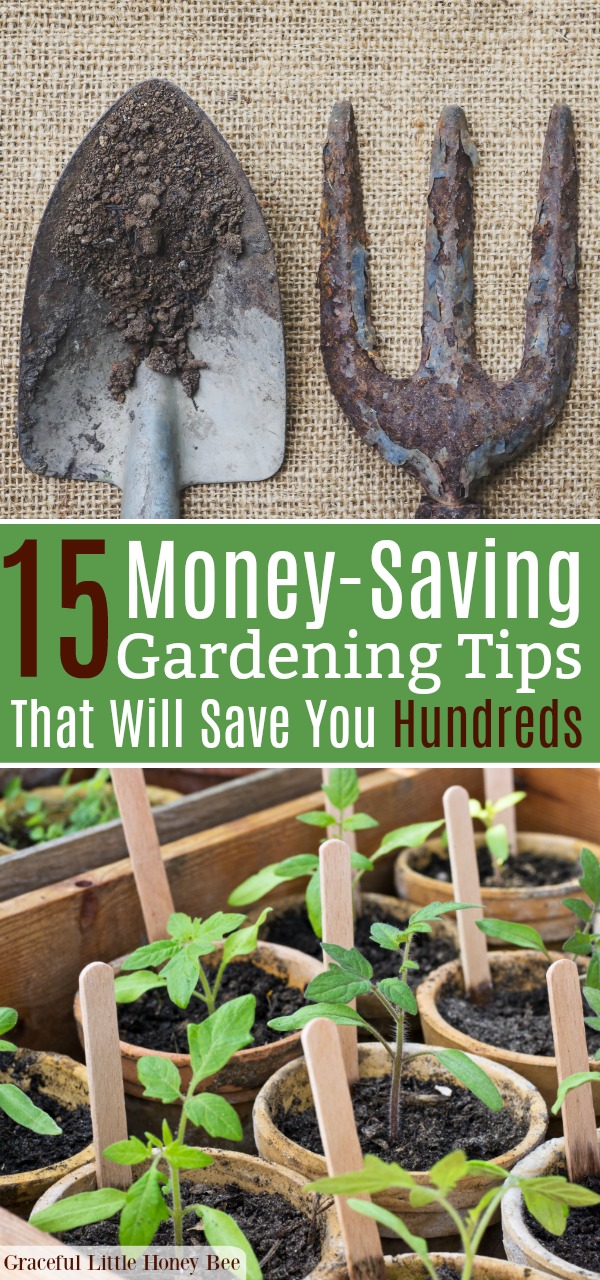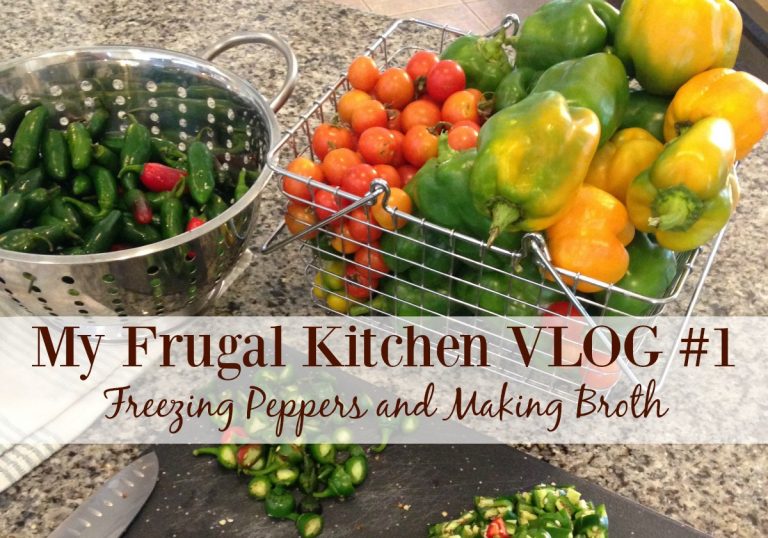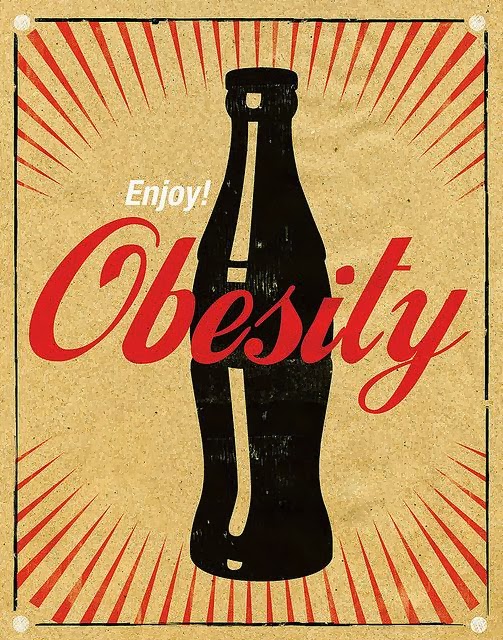Old-Fashioned Preparedness: How Traditional Ways Can Prepare You for Emergencies

This post contains affiliate links, if you make a purchase through one of these links, we will make a small commission at no extra cost to you. See our Disclosure Policy for more information. Thank you for your support.
Follow Graceful Little Honey Bee on:
Pinterest | Facebook | Instagram | YouTube
Wildfires in Wyoming, hurricanes on the east coast with catastrophic flooding, earthquakes in California, tornadoes in the Midwest. These are just some of the natural disasters around our country in the past year that have a lot of people thinking more about preparedness, not to mention the social and political unrest, wars and upcoming election that have a lot of people worried about the unknowns of the future.
People are waking up to the fact that modern conveniences are nothing but a distant memory when the power gets wiped out. Take away the internet, electricity and gasoline and we are suddenly sent back 200 hundred years.
I’ve been seeing stories of pack mules being used in the mountains to take supplies to people who are stranded from hurricane Helene because no other type of vehicle can make it. This to me shows that the old ways still work and shouldn’t be forgotten because you never know when you might find yourself without the use of modern conveniences.
Don’t get me wrong I think modern conveniences are wonderful, but humanity still needs to remember how to survive without machines. No one knows what the future holds, so I believe it to be a wise endeavor to become less dependent on modern machines and take a look at how our ancestors lived without them because doing so could very well save our lives.
I’ve been promoting traditional skills around here for many years, just never in the vein of preparedness, but due to recent events in this country and the uncertainty of the future, I feel like this topic could be helpful to those who are looking for encouragement, knowledge or information.
The hard truth is that modern people just aren’t concerned too much with being prepared or learning survival skills, but each disaster that we witness is slowly changing that as more and more people become awake to the importance of traditional skills in a survival situation. The more people who are knowledgeable and prepared for these types of situations, the better off we will all be.
Today I’m sharing a list of twelve traditional habits or skills that we should all take a hard look at and see what we could learn in order to better prepare our loved ones and our communities for hard times. I hope this list inspires you to take action and become better equipped to care for your family in the future.
12 Old Fashioned Skills To Help Prepare You For Emergencies
Carry Cash
This is more of a habit than a skill, but it’s something that could be a lifesaver for you some day. The recent hurricane has left millions without power including businesses which means cash is the only acceptable form of payment. Modern people may not want to admit it, but cash is still king in emergencies. I would recommend keeping cash with you at all times in your wallet or car and even more at your home in a safe location. How much cash to keep is up to you and your bank account, but please keep as much as you can in smaller bills for peace of mind.
Grow Your Own Food or Buy Local
Being able to grow some of your own food could be a lifesaver. Our modern food system is fragile with any type of disruptions causing shortages and panic in a matter of hours as we all witnessed during COVID. Fully stocked stores are nothing but an illusion since communities only have around three days worth of food and supplies at any given time.
It is smart to create more food resilience for you and your loved ones by producing what you can on your own property or in your own community. Growing food in a garden is a great start and if you have the space and inclination, why not get some chickens as well?
If you simply don’t have any space for growing food, I would at least encourage you to source local food. Creating a relationship with local farmers in good times will help you in hard times as you will already know how to source food and have an established relationship with food growers in your community before a disaster strikes.
Additional Resources:
- How to Grow A Survival Garden
- 10 Easy to Grow Vegetables for Beginner Gardeners
- 15 Money-Saving Gardening Tips That Will Save You Hundreds
Preserve Your Own Food
If you’re growing a good amount of food, then you will want to know how to preserve it for winter. Knowing how to use traditional skills such as canning, fermenting, dehydrating or even the modern invention of freezing or freeze drying is a huge key to becoming more food resilient and less dependent on others.
Additional Resources:
- Strawberry Freezer Jam
- Dehydrated Apple Rings
- Easy Overnight Slow Cooker Apple Butter
- How to Can Diced Tomatoes
Keep Large Quantities of the Basics
If you go back a few generations, back to the time of the pioneers and original homesteaders, how much food do you think they kept in their pantries at all times? They stocked up, especially in the winter months because they expected to be on their own without access to provisions.
It’s smart to do the same, even though we generally have access to food and water year round. You never know when the outside world might get cut off and you will need to fend for yourself. FEMA recommends keeping a three day supply of food and water at all times in case of emergency, but I feel like more is better.
I think it’s smart to go even bigger and keep at least 2 months worth of food and 2 weeks worth of water, if possible. Remember, nobody can predict the future, so its better to over prepare and nothing happens than under prepare and be caught off guard.
Additional Resources:
Source Non-Electric Everyday Items
Electricity and motors are wonderful things, but you can still access and make use of manual machines that will get you through in an emergency. Things like manual can openers, hand mixers, coffee grinders, grain mills, hand water pumps, solar ovens or solar flashlights could be lifesavers in a survival situation.

How to Source Wild Food
Having the knowledge to source wild food where you live is a great survival skill to have for hard times. Our ancestors knew what was safe to eat and what was not at an early age. They sourced as much as they could from the wild. Things like wild berries, greens and mushrooms were an integral part of their diets. A great place to start learning is your local library or nature center.
How to Source Clean Water
Knowing where to find clean, safe water is a very important survival skill for hard times. In this day and age though, it’s probably best to have a water filtration system in place for safety reasons. Berkey Filters are pricey, but would give you peace of mind in a crisis situation. You can also keep a supply of LifeStraws and water purification tablets. FEMA recommends keeping a three day supply of water which equals one gallon per day per person.
Basic First Aid
Our ancestors had a basic knowledge of first aid because they had to. A doctor wasn’t always readily available, so they were better prepared to fend for themselves in case of an emergency. The more basic knowledge you know of first aid and CPR, the safer you and your family will be during hard times. Also, make sure that you keep a fully stocked first aid kit with you at all times.

How to Start a Fire
Knowing several ways to start a fire can be lifesaving in many different situations. Taking a class or watching YouTube videos on the basics of fire starting is great way to learn. Keeping things like flint and steel, kindling, lighters, candles and waterproof matches on hand can be a lifesaving practice.
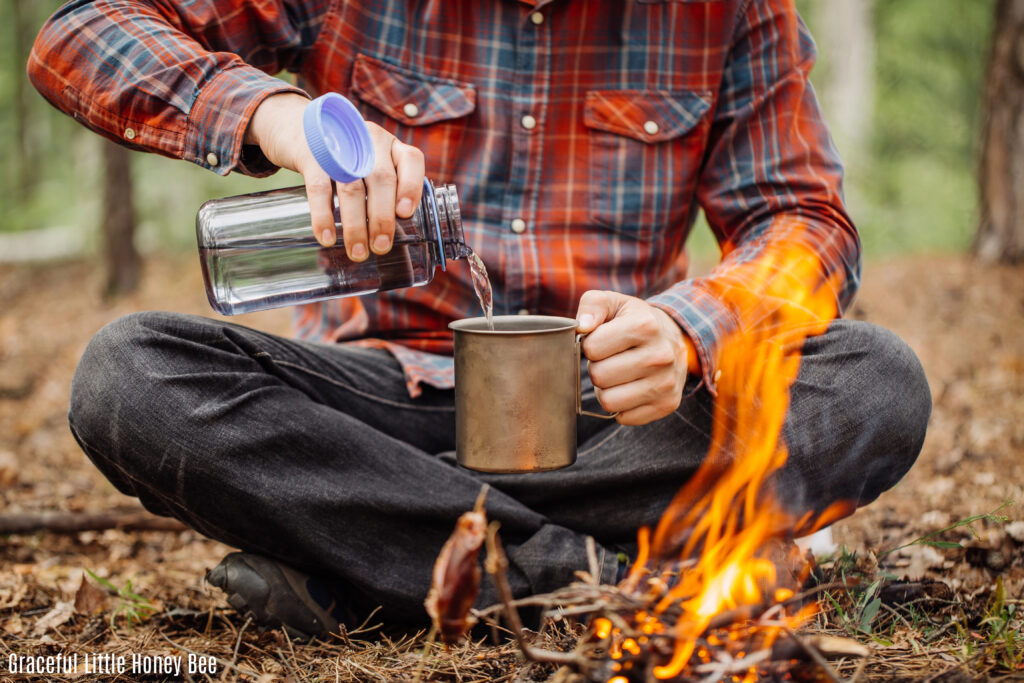
Learn to Be Content
The less you want, the more you have. Modern people (myself included) are way too focused on buying more, more, more. We have been trained since birth to buy solutions to our problems in life, so when disaster strikes and we can no longer buy what we need, we are lost.
What if instead of always buying, we took a step back and cultivated a sense of contentment and abundance in our lives. The more content we are with the simple things in life, the easier it will be in a disaster, when we can no longer access consumerism. All that really matters is faith, family and community, so why not focus on cultivating these things in life before a disaster strikes to be better prepared.
Get to Know Your Neighbors
If there is one lesson to take away from the recent disastrous hurricane Helene, it’s that you should get to know your neighbors. So many people were cut off from the outside world and all the sudden had to fend for themselves. We were never made to live alone, we need each other to lean on and share resources, especially in a disaster situation.
Put Your Trust in the Lord
Some people may roll their eyes or even get angry with this one, but to me, it’s one of the most important tips on this list. You can prepare all you want to, but in the end, the Lord is who will determine the outcome. I don’t fear the future because my trust is in the Lord.
“And he is before all things, and in Him all things hold together.” -Colossians 1:17
“You keep him in perfect peace whose mind in stayed on you, because he trusts in you.” -Isaiah 26:3
“The fear of man lays a snare, but whoever trusts in the Lord is safe.” -Proverbs 29:25
“You hem me in, behind and before, and lay your hand upon me.” -Psalm 139:5
I hope this list has inspired you to think about preparedness a little more and to make a plan on how to better prepare you and your loved ones for the future. Check out the links below for further reading and inspiration.

